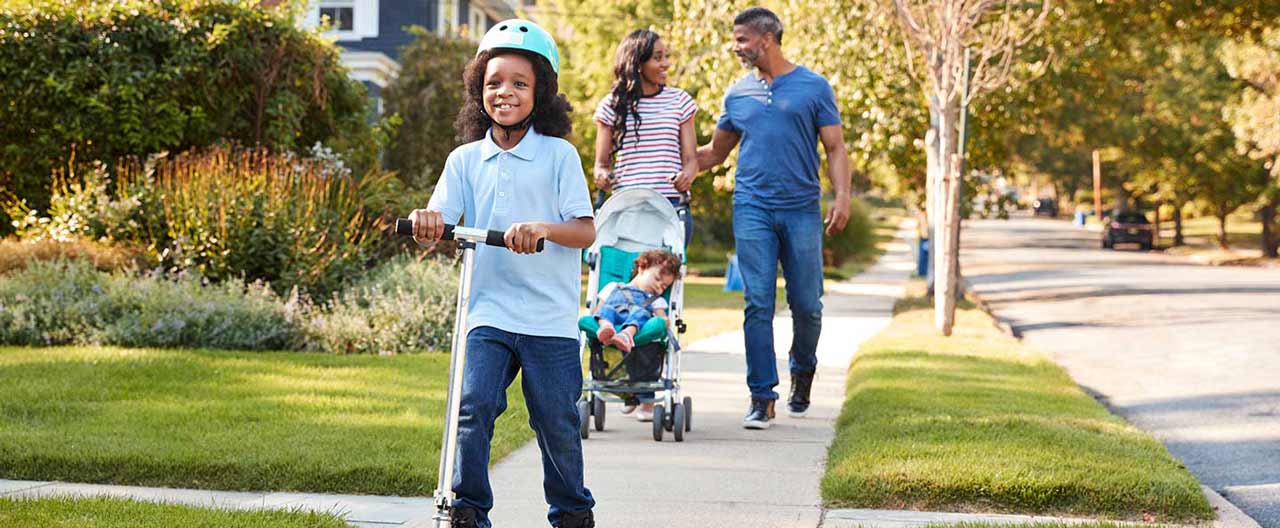- Individuals & Families
- Businesses
- Agents & Brokers
- Embedded Insurance

Chubb ranked #1 for Customer Satisfaction with the Home Insurance Claims Experience

Chubb ranked #1 for Customer Satisfaction with the Home Insurance Claims Experience

Chubb ranked #1 for Customer Satisfaction with the Home Insurance Claims Experience

Chubb ranked #1 for Customer Satisfaction with the Home Insurance Claims Experience

Because pets are family, Chubb now offers pet insurance with top-rated coverage from Healthy Paws.

Chubb offers the insurance protection you need for travel’s many “what ifs”.

Chubb protects small businesses at every stage – from newly formed start-ups to long-time anchors of the community.

Stay ahead of cyber threats with our free Cyber Claims Landscape Report.

Learn more about our dedicated learning paths, Online Learning Center, and more.

Many digital-savvy consumers look for it as a core or add-on option.

Many digital-savvy consumers look for it as a core or add-on option.

Many digital-savvy consumers look for it as a core or add-on option.

Chubb’s in-house technology makes it easy to integrate what we do into your customer experience.
-
About
-
Claims
-
Login & Pay Bill
For Agents & BrokersFor Travel Advisors
-
Back
When you’re ready to move to a quieter, less densely populated area, it may be time to pack up and move to the suburbs. Green grass, fresh air, and a more relaxed community are often what you’ll find. But there may also be other differences, including certain risks you’ll need to be prepared for. We can help.
1. Non-weather-related water losses are the #1 source of property damage.
Pipes can burst. Appliances can wear out and start leaking. Instead of waiting for the inevitable to happen, take steps to keep your home’s interior safe and dry. Help protect your home and prevent issues from happening in the first place by installing a water shut-off device.
2. Home security is a must.
You may be used to the security that comes from living in a high-rise apartment building. When you live in the suburbs, that security is now your responsibility. Prioritize your safety by installing home security and lighting systems.
3. Single family homes are more vulnerable to weather events and may require planning.
Stay ahead of weather events by preparing an emergency plan with your family. When you hear about an upcoming weather event, plan ahead by fully charging your electronics, purchasing a back-up generator in case you lose power (and buying proper fuel to run it), keep your windows and doors closed, making sure your mechanical systems (sump pump, HVAC, plumbing, and electrical) are in good working condition, and regularly trimming and removing any branches that could break and damage your home or buildings.
4. Make sure you have the proper tools for outdoor maintenance.
To keep your home beautiful and functioning well, you’ll need to provide regular maintenance and the right tools for the job:
- You’ll need a hose, broom, shovel, ladder, lawnmower, rakes, and weed whacker.
- Store gasoline in a garage or outdoor storage shed. Never store gasoline inside your home.
- Store propane tanks outside or in a storage shed. Better yet, purchase a 2-hour fire-rated storage cabinet for your propane tanks, and keep this cabinet in a garage, outdoors or in a storage shed. The cabinet should not be inside the home.
5. Preparing for time away from home looks different.
Before you go away for the weekend or a longer time period, take precautions by unplugging all electronics that don’t need power, and make sure all your alarm and HVAC systems are on and working. Consider putting timers on your lights to give the appearance that you’re home, checking that all the windows and doors are locked, and shutting off your water main before heading out, if you plan to be away for more than a couple of days.
6. Automate your home to make it accessible anywhere in the world.
With the capabilities of smart phones and Internet of Things (IoT) products, you can control the features of your home even when you aren’t there. Make sure you’re protected with a cyber insurance policy, in addition to a homeowner’s policy, and you’ll be able to travel confidently, without worrying about trouble at home.
Insights and expertise
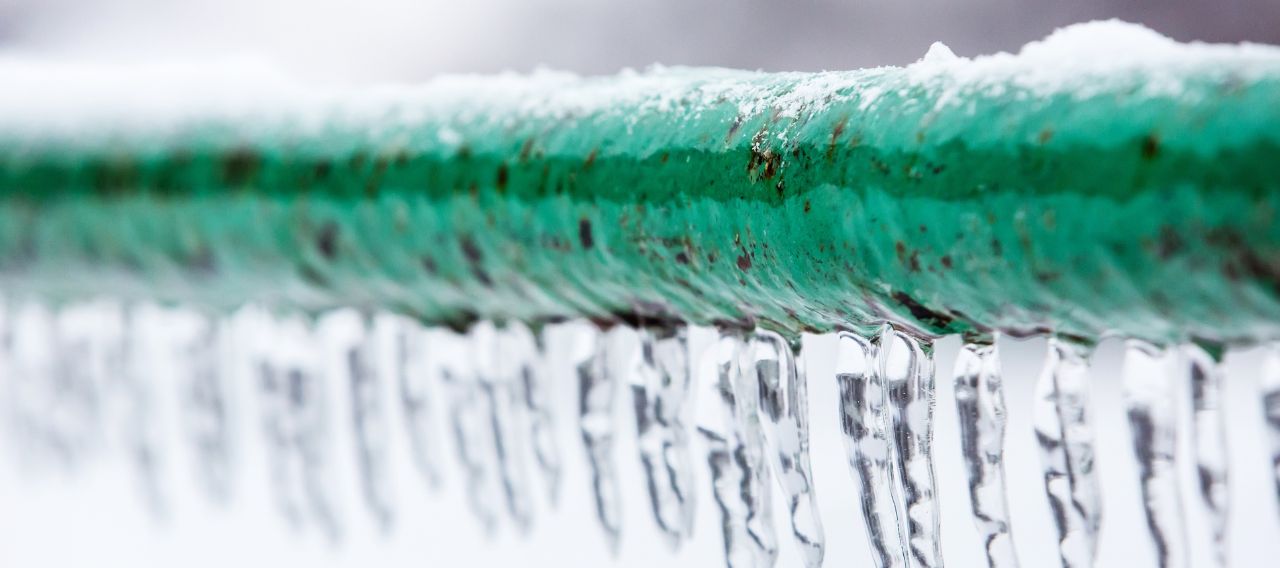
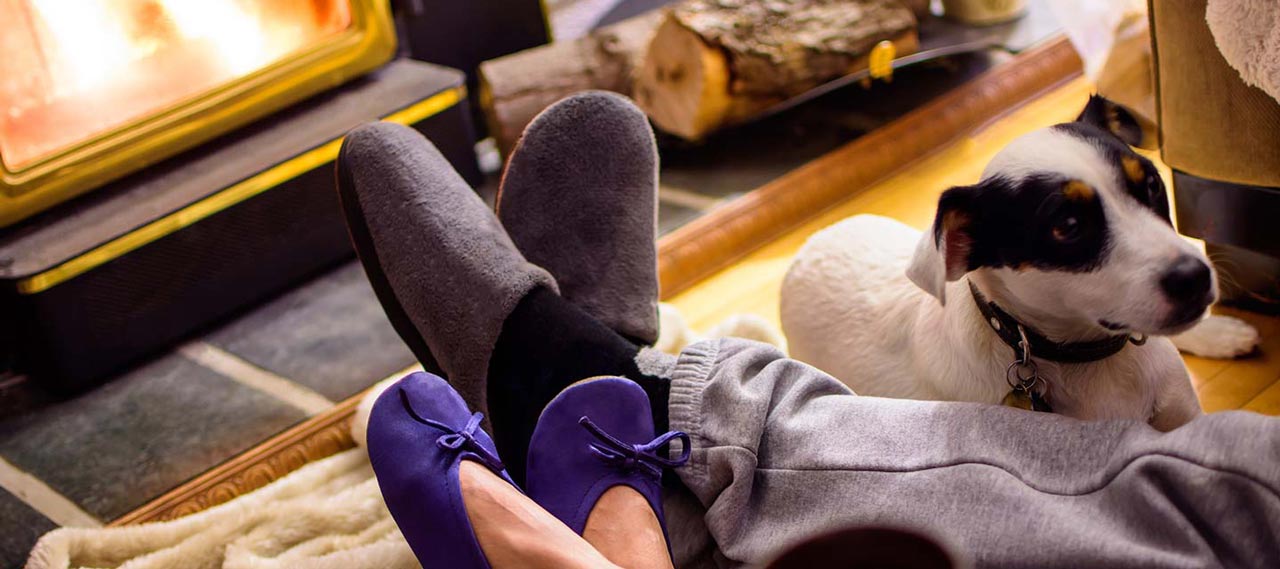
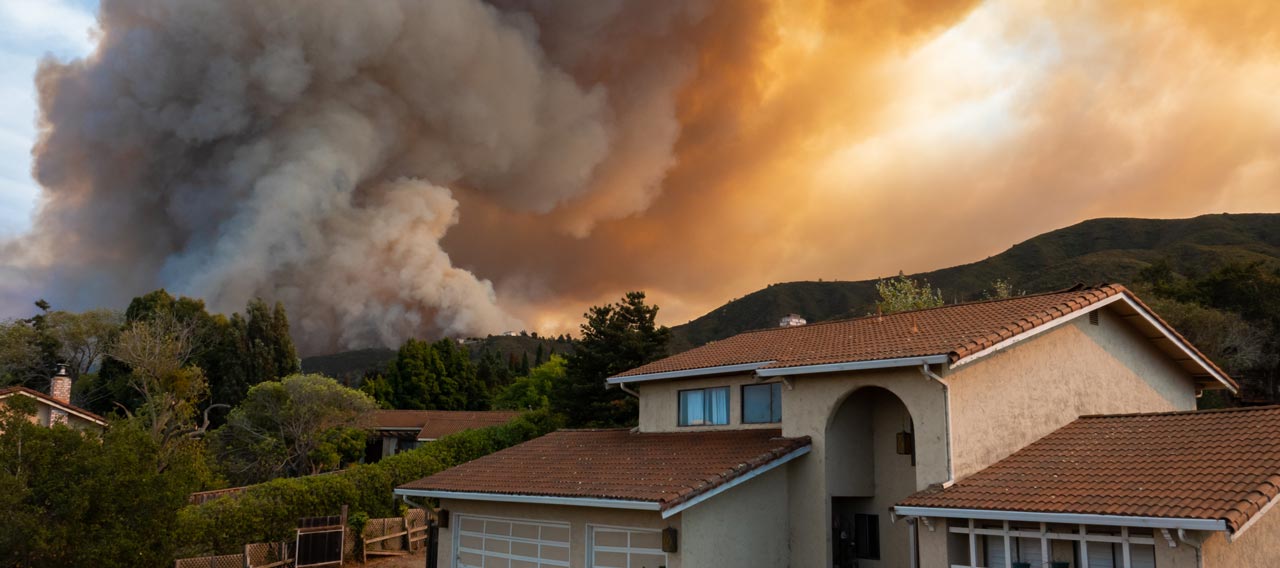
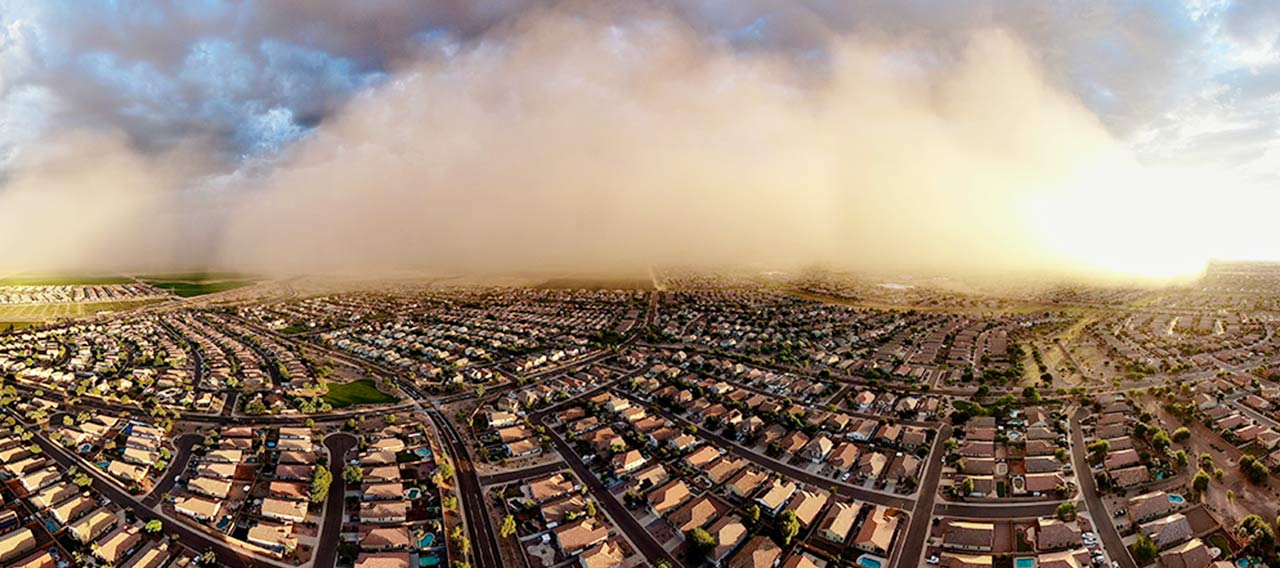
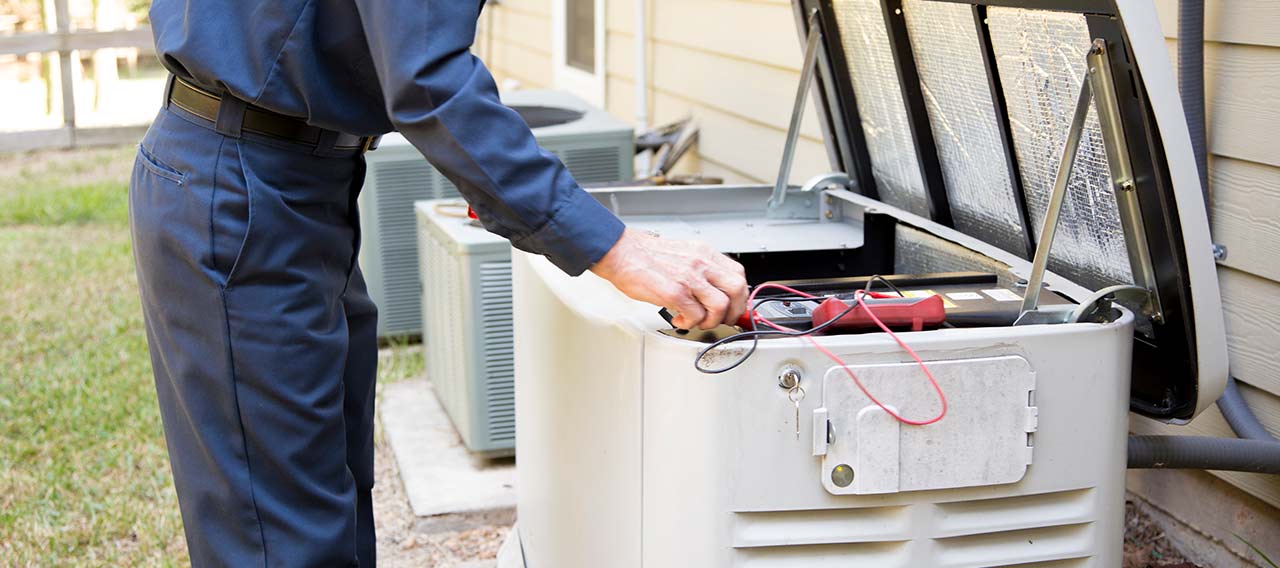
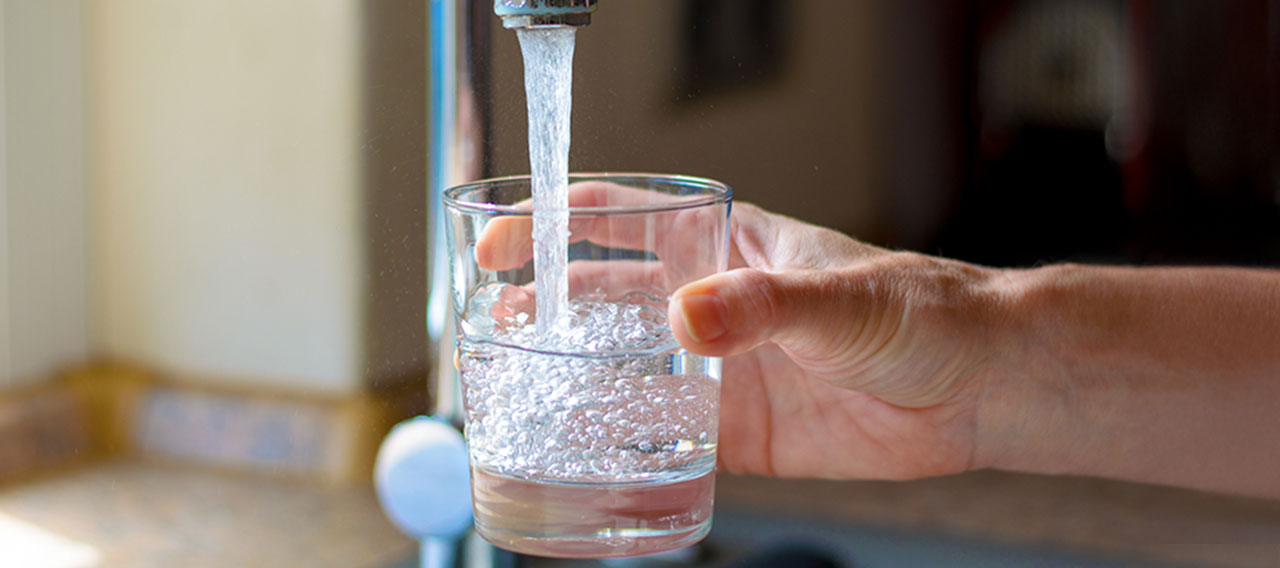

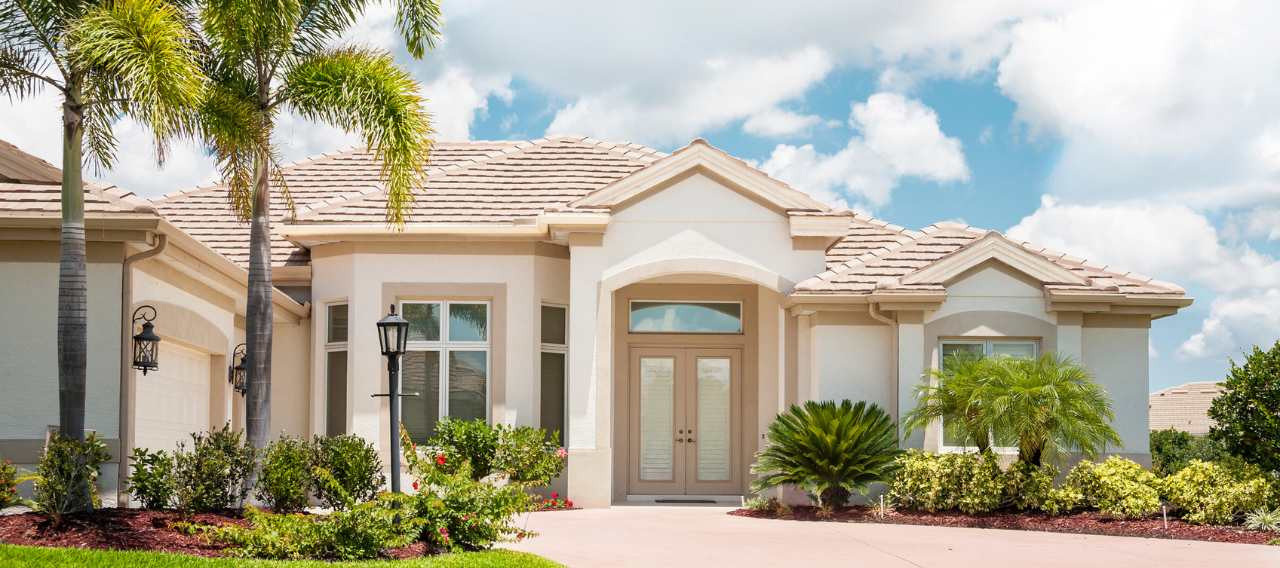
Get a personal insurance quote
Work with an independent agent to get personalized insurance solutions.
This document is advisory in nature and is offered as a resource to be used together with your professional insurance advisors in maintaining a loss prevention program. It is an overview only, and is not intended as a substitute for consultation with your insurance broker, or for legal, engineering or other professional advice.
Chubb is the marketing name used to refer to subsidiaries of Chubb Limited providing insurance and related services. For a list of these subsidiaries, please visit our website at www.chubb.com. Insurance provided by ACE American Insurance Company and its U.S. based Chubb underwriting company affiliates. All products may not be available in all states. This communication contains product summaries only. Coverage is subject to the language of the policies as actually issued. Surplus lines insurance sold only through licensed surplus lines producers. Chubb, 202 Hall's Mill Road, Whitehouse Station, NJ 08889-1600.


